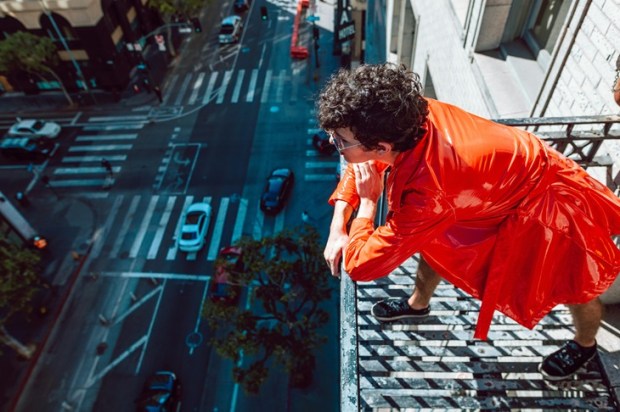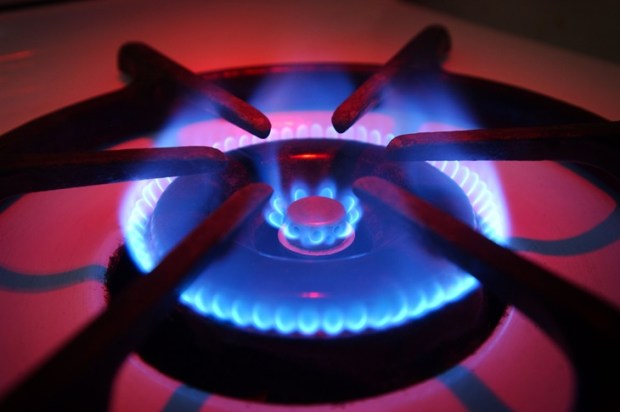In the upcoming 2016 Australian Census, Australians will be given the option of ticking a box labelled ‘no religion’ when asked what their religious affiliation is.
But if you tick it, it will be a lie.
There’s no such thing as a non-religious human being.
Now, of course, you may not be affiliated with one of the traditional major religious of the world, or of their numerous sects. You may not have darkened the door of a church, synagogue, temple, or mosque in your life.
You may not even believe in a god.
But belief in a god is not necessarily a criterion for defining a religion. There are forms of Buddhism that don’t believe in a deity.
So, that makes them a ‘philosophy’? But there are philosophies that do believe in a god or a higher power – like Platonism, for example, or the deism of the 18th century.
How would you describe Communism which is avowedly atheist and in practice has persecuted traditional religions, and yet has all the hallmarks of a religious belief system, including ritual acts of worship, hymns, reverence for saints, and more? Contemporary atheists like Christopher Hitchens, wanting of course to distance themselves from the industrial-scale atrocities of atheist regimes, have argued that Marxism is a religion.
So belief in God isn’t a defining characteristic of ‘religion’.
The US scholar William T Cavanaugh (currently in Australia on a lecture tour) argues in his landmark book The Myth of Religious Violence – Secular Ideology and the Roots of Modern Conflict that even in the substantial academic literature about religion there is little agreement about what a religion actually is.
That’s why we need a broad definition. The word ‘religion’ comes from the Latin word ‘religare’ which means ‘to bind’. ‘Religion’ names the things to which we are ‘bound’ – our deepest commitments and connections. And there is something in the human being that seeks out these bindings in the things that transcend us.
These commitments may take traditional forms, such as Islam, Christianity, Buddhism, Judaism, or Hinduism.
But we give ourselves religiously to all kinds of things that are beyond us: to ideologies like Marxism, liberal humanism, or environmentalism; to fate, luck, or fortune; to the aura that our possessions give off; to money itself; to a national identity or to a tribe. We may even give ourselves religiously to ‘science’.
We’d have to admit that the contemporary cult of ANZAC, which involves temples, ritual prayers, the use of words like ‘sacred’, and so on, is a form of national or civic religion, in which we attempt to invoke the spirit of the war dead to bless our national identity with their bloody sacrifice, and to bind ourselves and our children to them.
We are inexorably drawn to these ‘bigger’ or ‘higher’ things. We need them so that we can understand what it is to live an authentic human life. How else can we understand what is good unless we can reference ourselves against the measure of some kind of larger idea of goodness?
Nature abhors a religious vacuum. It is fascinating to watch how those who are adamant that they are not religious become the champions – no, the high priests – of faith in the Australian way of life (that’s an especial favourite), which comes complete with religious holidays (January 26th and April 25th), and with a strongly ethical vision, complete with a communion of saints (Don Bradman, Henry Lawson, the beloved Anzacs). This is a new religion, pure and simple.
John Lennon was simply kidding himself when he asked us to ‘imagine no religion’. The question is not ‘religion, yes or no’, but which religion?
Rev Dr Michael P Jensen is Rector of St Mark’s Anglican Church Darling Point and the author of My God, My God – Is it Possible to Believe Anymore?
Got something to add? Join the discussion and comment below.
Get 10 issues for just $10
Subscribe to The Spectator Australia today for the next 10 magazine issues, plus full online access, for just $10.

























Comments
Don't miss out
Join the conversation with other Spectator Australia readers. Subscribe to leave a comment.
SUBSCRIBEAlready a subscriber? Log in